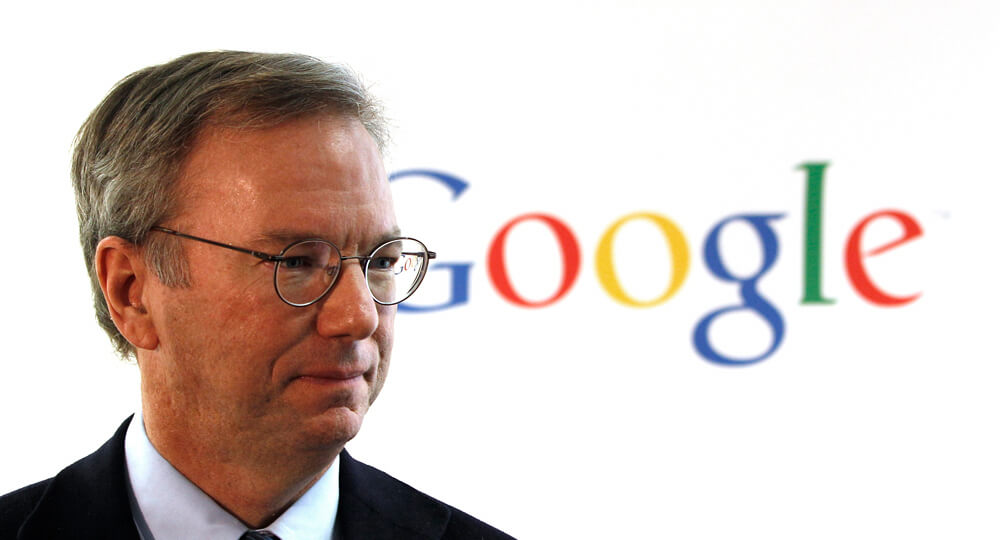Serving tech enthusiasts for over 25 years.
TechSpot means tech analysis and advice you can trust.
A hot potato: There's a lot of concern over the environmental impact stemming from AI's energy requirements. The generative AI revolution has seen more companies pour resources into data centers, which are consuming gigawatts of power. But former Google CEO Eric Schmidt doesn't believe we need to slow down building these facilities as "we're not going to hit the climate goals anyway."
The International Energy Agency (IEA) projects that power consumption for AI data centers in 2024 will be 10 times higher than it was in 2022. With a single ChatGPT request estimated to consume almost 10 times more power than a Google search, Arm CEO Rene Haas warned earlier this year that AI data centers could require as much as 20 to 25 percent of the entire US power grid by 2030.
McKinsey estimates that data centers are expected to consume 35 gigawatts of power annually by the end of the decade, and that's having an impact on the environment. Four years ago, Microsoft said that it would bring its greenhouse gas emissions to zero by 2030, but those emissions are actually increasing, something that President Brad Smith says is due to the AI explosion.
Speaking at an AI summit in Washington last week (via Business Insider), Schmidt said there were ways to mitigate the negative effects AI could have on the environment, such as using better batteries and power lines to build data centers. But this ultimately won't be enough.

Schmidt during his Google years
"All of that will be swamped by the enormous needs of this new technology," Schmidt said. "Because it's a universal technology, and because it's the arrival of an alien intelligence […] we may make mistakes with respect to how it's used, but I can assure you that we're not going to get there through conservation."
Schmidt was asked whether it would be possible to meet the growing energy demands of AI without missing conservation targets. He said "we're not going to hit the climate goals anyway because we're not organized to do it."
Schmidt did have some more optimistic predictions for the crowd: "Yes, the needs in this area will be a problem, but I'd rather bet on AI solving the problem than constraining it and having the problem."
Schmidt, who served as Google CEO from 2001 to 2011 and was executive chairman until 2015, is no stranger to controversial remarks. In August, he said Google is being left behind in the AI race by the likes of OpenAI and Anthropic due to his former company's work-from-home policy.
"Google decided that work-life balance and going home early, and working from home, was more important than winning," Schmidt said at the time. "And the startups, the reason startups work is the people work like hell," he said. He also lamented Google allowing employees to come into work just one day per week, even though Googlers have to be in the office at least three days a week.




:quality(85):upscale()/2024/10/29/625/n/1922564/ec222ac66720ea653c5af3.84880814_.jpg)
:quality(85):upscale()/2024/10/25/846/n/49351082/bfc0fdb3671bef086c3703.42134063_.jpg)
:quality(85):upscale()/2021/07/06/971/n/1922153/7d765d9b60e4d6de38e888.19462749_.png)

:quality(85):upscale()/2024/10/29/957/n/1922441/c62aba6367215ab0493352.74567072_.jpg)
 English (US) ·
English (US) ·